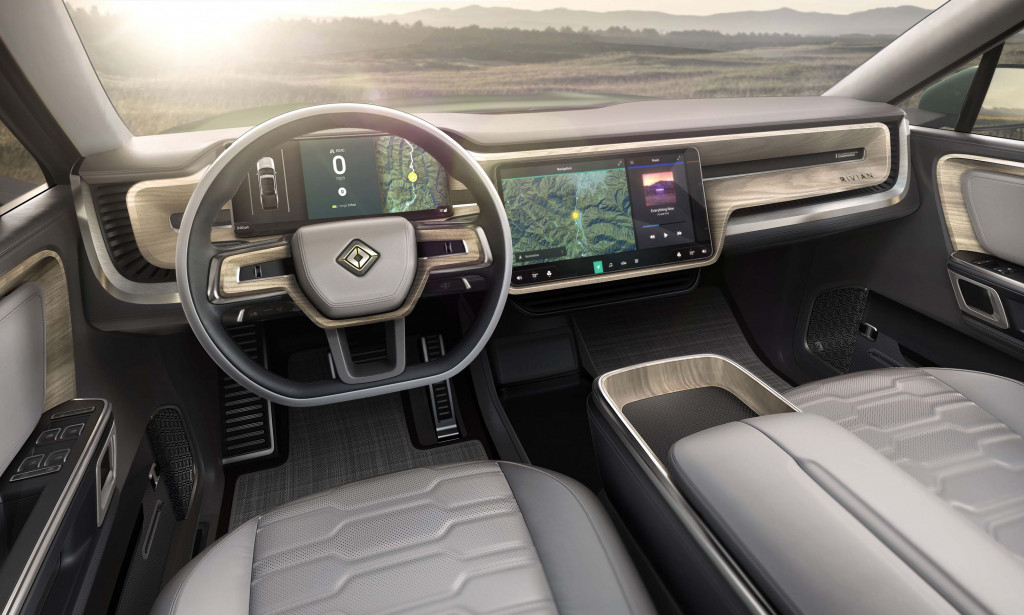Ford drops its plans to develop EVs with Rivian
Rivian, the truck-focused EV startup, might not play as much of a role in the future of Ford’s electric-vehicle strategy as it had previously indicated.
In an Automotive News interview cited by the publication Friday, Ford CEO Jim Farley confirmed that plans are off for the two companies to develop future EVs together.
“We want to invest in Rivian—we love their future as a company—but at this point we’re going to develop our own vehicles,” said Farley, who just on Thursday announced plans to effectively double Ford’s EV production plans through 2023.
Ford and Rivian had planned to co-develop a Lincoln electric SUV based on Rivian’s skateboard platform and expected, based on industry reports, to be closely related to the Rivian R1S. Then in April 2020, the automaker confirmed that it was still engaged with Rivian for a future “alternative vehicle” based on the platform.

Rivian R1T, R1S chassis
Ford owns about 12% of Rivian, and has invested in the EV startup as recently as earlier this year; yet in the perverse valuation of the EV-tech stock market, Rivian currently has a market valuation greater than Ford.
As of the end of October Rivian reported that it had produced 180 R1T pickups. Ford sold about 4.2 million vehicles last year.
Ford also until recently had a seat on Rivian’s board. In the Automotive News interview, Farley pointed out that this is not a soured relationship, and called it “some of the best cooperation we’ve had with another company.”

Rivian R1S
In the report, Farley pointed to the difficulties in marrying Rivian’s electric architecture with Ford’s embedded software, hinting that the business models are going to be somewhat different.
That difference in strategy could be pushed to its extreme with Ford’s Pro fleet EVs, as it aims to make money in fleet management. Rivian on the other hand, is supplying electric vans to Amazon, with integrated Alexa and Amazon delivery logistics smarts, but otherwise it’s a consumer-oriented lifestyle model.

